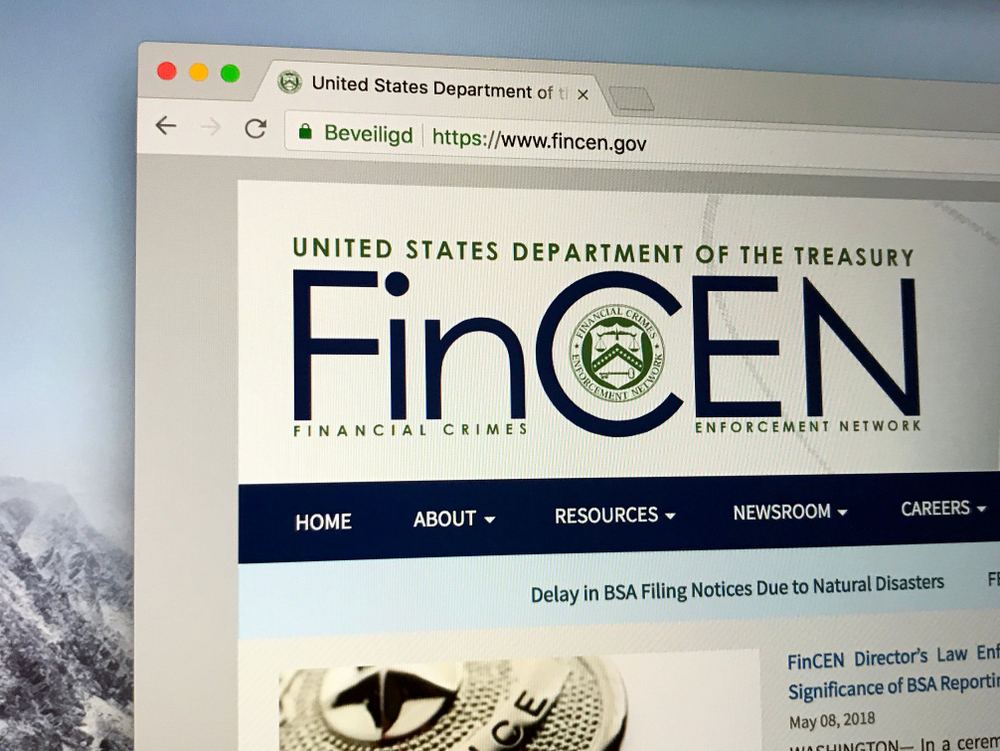BLOG
My colleagues and I have written several Miami Herald columns and blog articles about the Corporate Transparency Act (CTA) and its impact on community associations. The Community Associations Institute (CAI) has initiated efforts to lobby for an exemption from the Act’s financial disclosure and reporting requirements for all the volunteer directors serving their communities across the country, and the organization that serves as the industry’s leading voice has now announced it will be filing a lawsuit seeking an injunction to mandate such an exemption.
What is the Corporate Transparency Act?
The Corporate Transparency Act, which was signed into law in Dec. 2020 and is now in effect, requires community associations with fewer than 20 employees and less than $5 million in annual revenue to disclose background/financial information from their directors to FinCEN (the U.S. Treasury Financial Crimes Enforcement Network).
Corporate Transparency Act’s Impact on Community Associations
CAI’s lawsuit, which will be filed later this summer, was recently approved by its board of trustees as part of its efforts to protect directors from the Act’s reporting requirements. It believes these requirements place an excessive and unnecessary burden on the directors who volunteer to serve their communities. Because community associations are nonprofit entities governed by homeowners, CAI notes that they operate differently from the traditional corporations and small businesses that are the CTA’s targets.
Our firm’s South Florida community association attorneys understand and concur with the group’s position that the CTA and its financial disclosure/reporting requirements present a significant burden on volunteer community leaders throughout the nation. Under the Act’s new requirements, associations are forced to collect personal information from their directors, turn it over to the federal government and update it on an ongoing basis.
The burden of reporting such information is likely to have a chilling effect on volunteerism. As I wrote in a Miami Herald column earlier this year:
. . . Given the financial crimes and money laundering focus of the Act, it appears evident that it was not intended to apply to the volunteer directors of locally based nonprofit corporations with the sole objective of seeing to the needs of private communities. As such, CAI is lobbying the U.S. Congress to exempt associations from the reporting requirements, or to delay the filing deadline and increase the confidentiality of the collected information.
Rightfully so, the organization is expressing its concerns to lawmakers that the extreme civil and criminal penalties for noncompliance, coupled with the required filing of personal information that may be accessible to other institutions and organizations, will act as a deterrence to board service. . .
The organization’s statement on its planned lawsuit concludes:
While we support the goal of stopping money laundering and funding schemes for terrorist activity, this is not good public policy for community association boards of directors. CAI believes community associations were unintendedly caught up in this law which is intended for corporations laundering money for terrorist activity. Failure of a volunteer community association boards to comply—intentional or not—could result in up to $10,000 in fines and up to two years in prison.
Conclusion
I concluded my Miami Herald column by expressing support for the organization’s lobbying efforts to protect associations from the unintended repercussions of this new law, and this blog post will be no different. Our firm’s community association attorneys fully support CAI’s planned lawsuit, and we encourage everyone to learn more about it and use the organization’s online advocacy tools to connect with their members of Congress on the matter by visiting www.caionline.org/cta.

